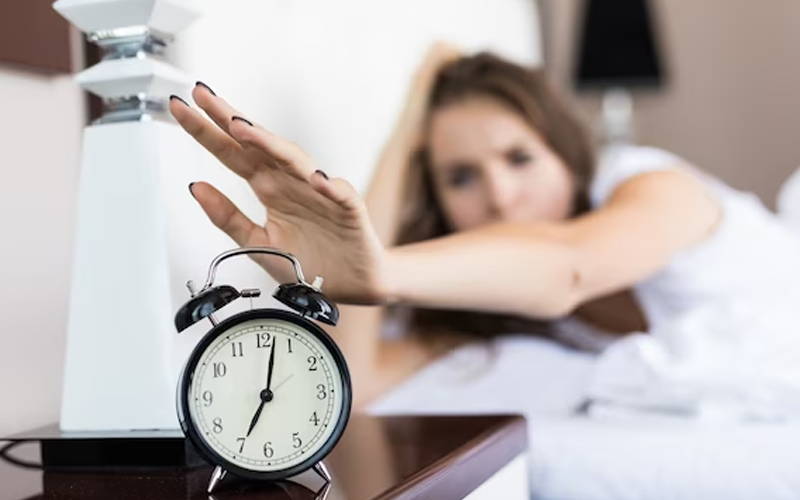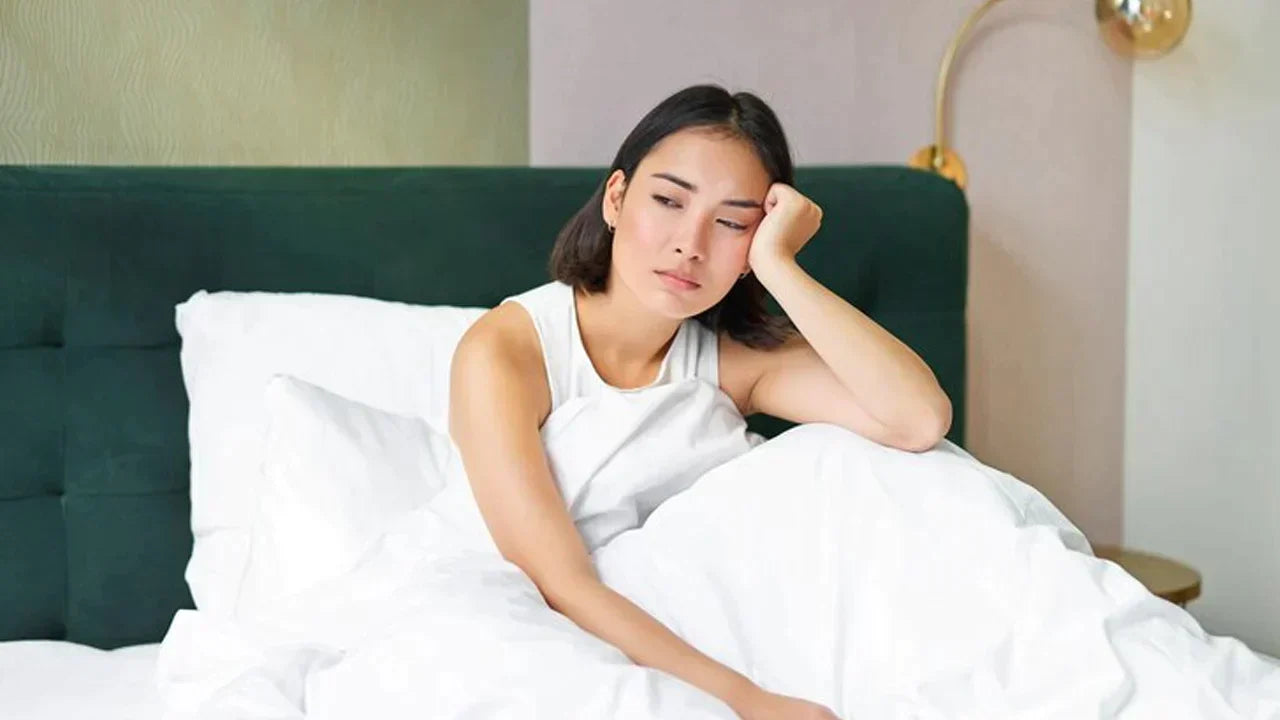Well, hello there, nocturnal navigators! Ever found yourself staring at the ceiling in the dead of night, pondering more than just the meaning of life? Indeed, sleepless nights have more to offer than just the romance of the stars and the sound of crickets. You might have overheard a debate, or perhaps even participated in one, about the fascinating connection between the midnight oil you burn and the numbers that gleam on your bathroom scale each morning. The pressing question remains: does lack of sleep cause weight loss or gain? It’s a quandary many of us find ourselves in, and today, we'll delve deep and attempt to untangle this twisty, intricate tale.
Sleep and Weight Loss: An Unexpected Alliance or a Fabled Fallacy?

Does lack of sleep cause weight loss or gain?
Midnight Munchies and Moments of Weakness
Best Time to Sleep to Lose Weight: Nighttime Know-How

Rise with the Sun, Slim with the Sleep
How Many Hours Should I Sleep to Gain Weight? A Weighty Question

Balance, as They Say, is the Key
The essence of life, whether we’re discussing diets, work, hobbies, or sleep, boils down to one elemental truth: balance. Weight, be it losing or gaining, is no exception to this universal principle. Skewing too far in either direction - too little sleep or an excess of it - can send our body's intricate systems into a frenzied spiral. The golden rule, one that's been echoed by experts, enthusiasts, and elders alike, advocates for a balanced 7-9 hours of restful slumber. This isn’t just a random number; it's the universally acknowledged sweet spot that might just align the stars in your favor, helping you hit those weight targets with precision.
Conclusion
Winding down our whimsical wander into the world of weight and winks, it's evident that sleep plays a pivotal role in our health and wellbeing. While there’s no magic number or hour, balance is our best buddy. So, does lack of sleep cause weight loss or gain? The answer lies in the intricate interplay of our habits, health, and how we hibernate.
Frequently Asked Questions
How does sleep affect metabolism?
Sleep plays a pivotal role in regulating metabolic processes. A consistent sleep pattern can help optimize metabolic rates, ensuring our bodies burn calories efficiently. On the other hand, sleep deprivation can slow things down, making weight management a tad tricky.
Do late nights lead to snacking?
Oh, you betcha! Late nights often coincide with bouts of snacking. Our bodies seek energy, leading to cravings, especially for sugary or salty treats. Regular late-night snacking can indeed impact weight.
Is there an optimal sleep position for weight loss?
While there isn't a "magic" sleep position directly linked to weight loss, a comfortable sleep posture can ensure sound sleep. Quality sleep helps in the overall wellbeing and indirectly supports weight management.
Can oversleeping lead to other health issues?
Indeed, just like lack of sleep, oversleeping can be linked to several health concerns such as diabetes, heart disease, and, of course, weight gain. It's all about striking the right balance.
How can I improve my sleep quality?
Setting a consistent sleep schedule, creating a calm bedroom environment, avoiding caffeine and electronics before bedtime, and incorporating relaxation techniques can all contribute to better sleep quality. Sweet dreams!










